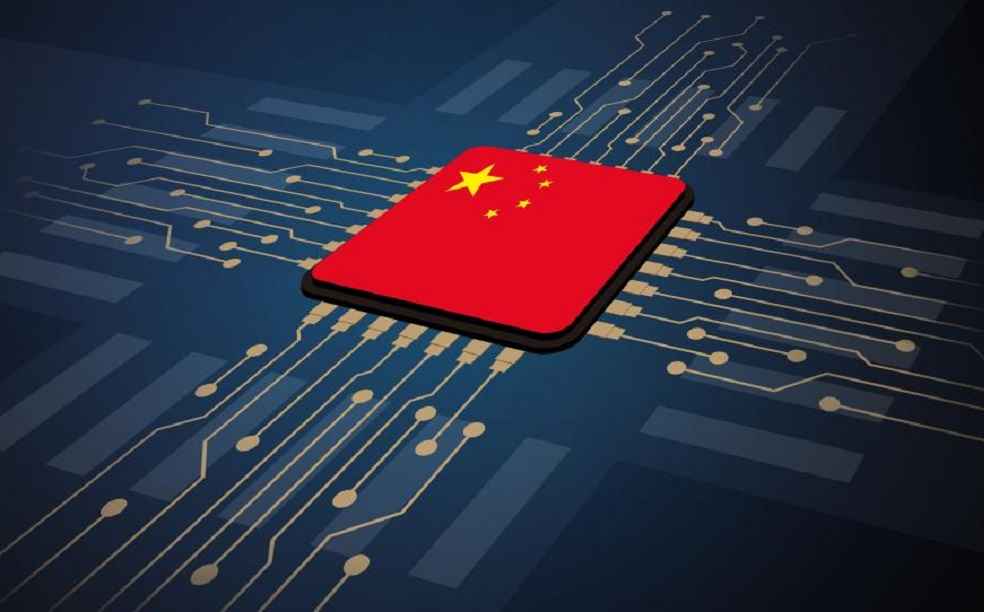Chinese electronics exporters are leveraging sophisticated artificial intelligence (AI) technologies, marking a robust entry into global markets. Data from the General Administration of Customs indicates a notable upsurge in exports from the “new trio” — electric vehicles, lithium-ion batteries, and photovoltaic products. These sectors collectively reached an export total of 264.69 billion yuan (approximately $36.575 billion USD) during the first quarter, a 66.9 percent increase from the previous year, now representing 4.7 percent of China’s total exports.
AI technology is proving instrumental for Chinese companies, enhancing production efficiencies and elevating product quality. A significant development comes from SmartMore, a Shenzhen-based AI firm, which has engineered a sophisticated quality inspection machine. This innovation inspects consumer electronics for defects with an efficiency equivalent to 20 human workers, processing up to 5,000 units per hour, setting a high industry standard globally.

Further advancements at SmartMore include an AI-driven solution for PVC coating inspection on battery products, solving critical quality control challenges. This machine, noted for its continuous operation with exceptional stability and precision, represents a major step forward in manufacturing quality control.
SmartMore also introduced the world’s first industrial multimodal large-scale AI model last November, targeting global manufacturing firms. Liu Shu, the technology director, emphasized the company’s extensive data integration across various industries, fostering an unprecedented application of AI in manufacturing. This AI model now aids over 200 leading global companies, bolstering their production capabilities.

The rapid growth within China’s AI sector, which includes over 4,400 AI companies, is transformative. Predictions suggest that the core AI industry will achieve a market size of 578.4 billion yuan (about $79.92 billion USD) in 2023, growing at 13.9 percent. This expansion reflects not only technological prowess but also a strategic orientation towards high-quality development and international integration of China’s high-tech industries.
Technological advancements are also visible in economic metrics, as noted by Zhang Shenghao, a customs official with Shenzhen Customs. He pointed out that the total import and export volume through the ports of the Qianhai Shenzhen-Hong Kong Modern Service Industry Cooperation Zone surged to 503.24 billion yuan in the first quarter, a historic high that underscores the significant role of advanced technology in fostering economic growth and regional development in the Guangdong-Hong Kong-Macao Greater Bay Area.
LATEST NEWS | UK, US Expand Sanctions, Target Russian Metal Exports to Curb War Funding



